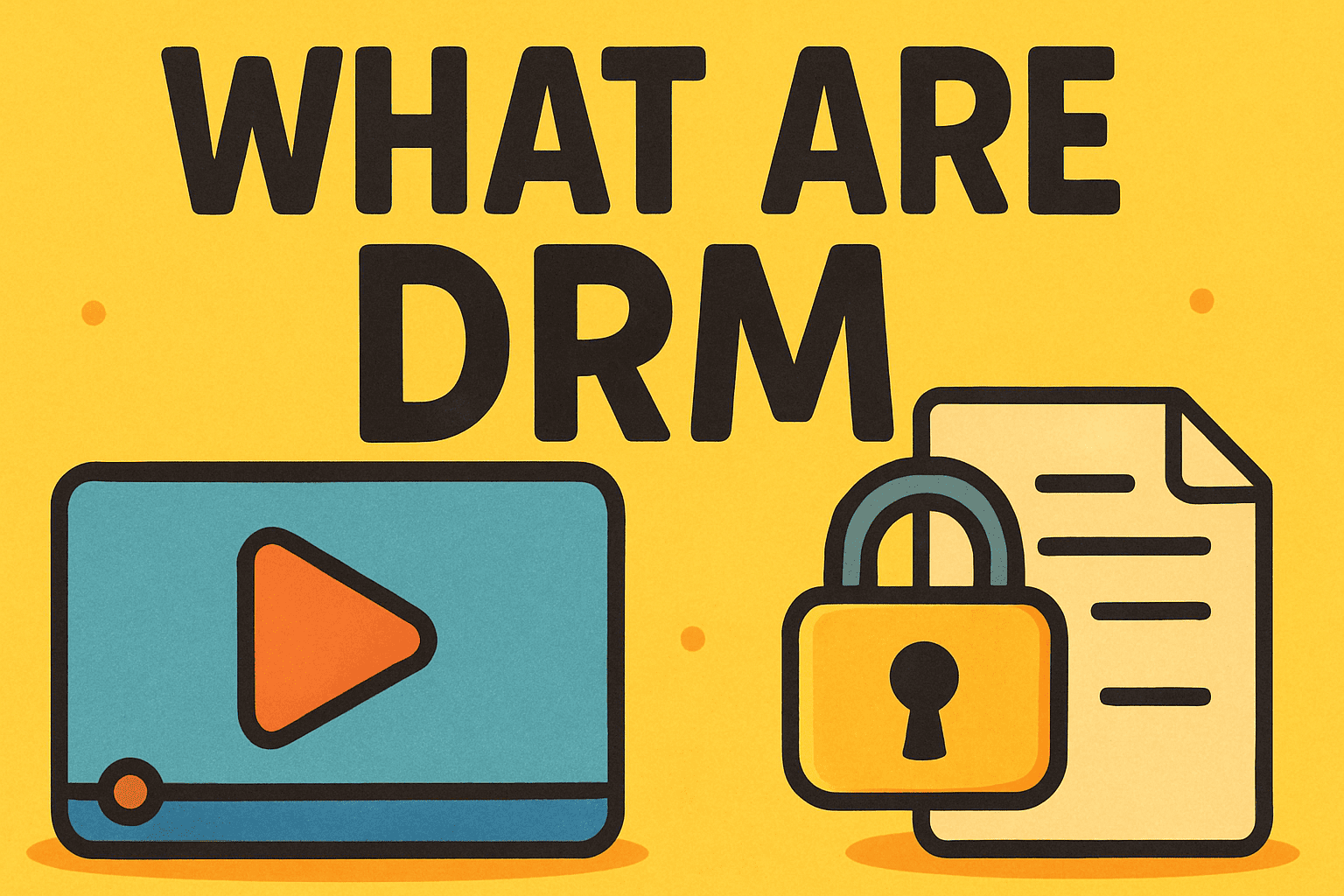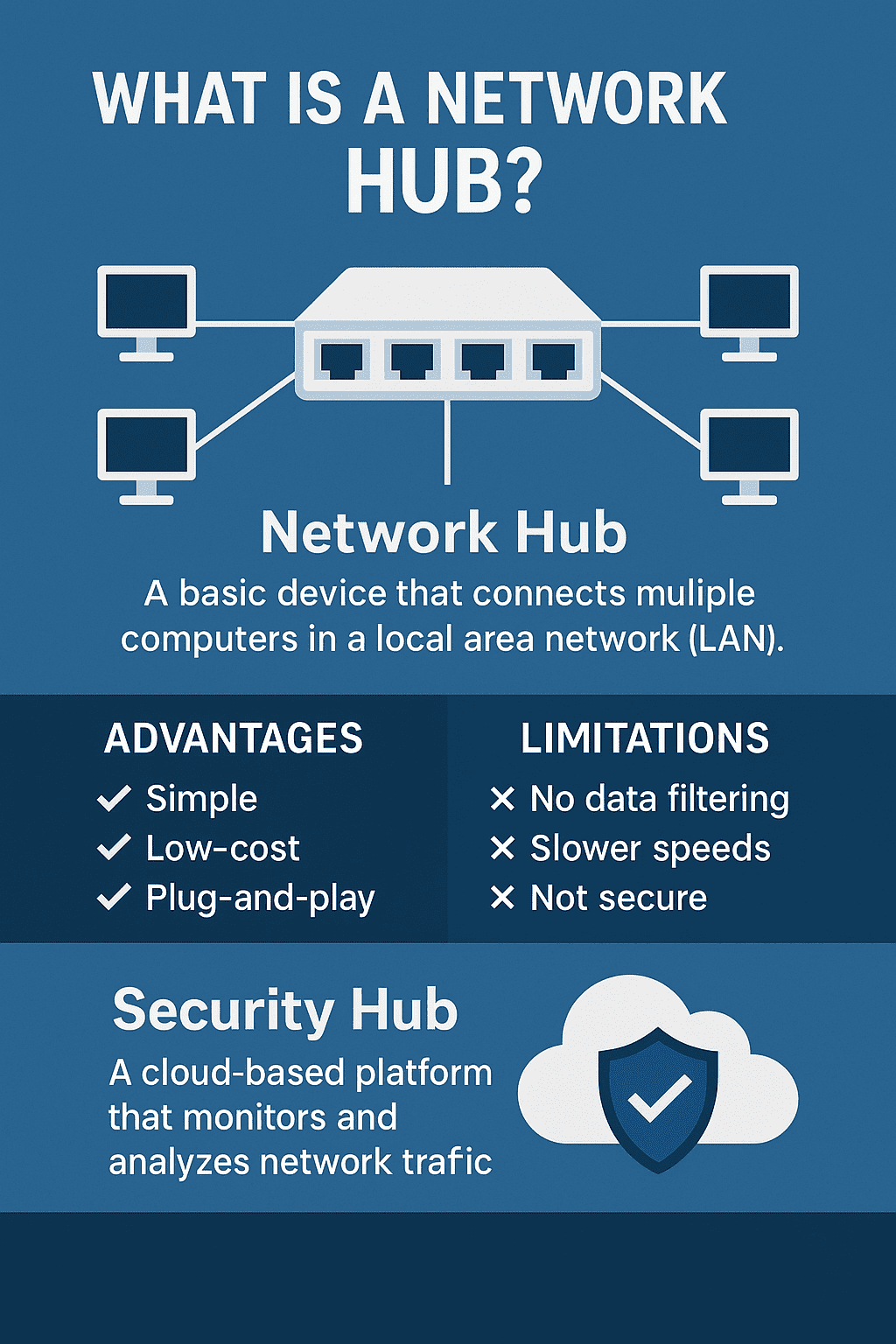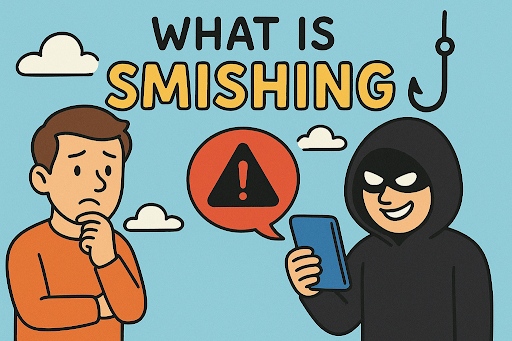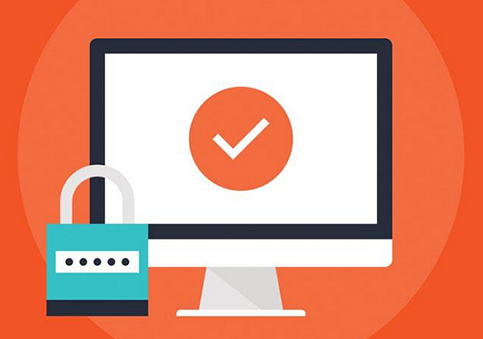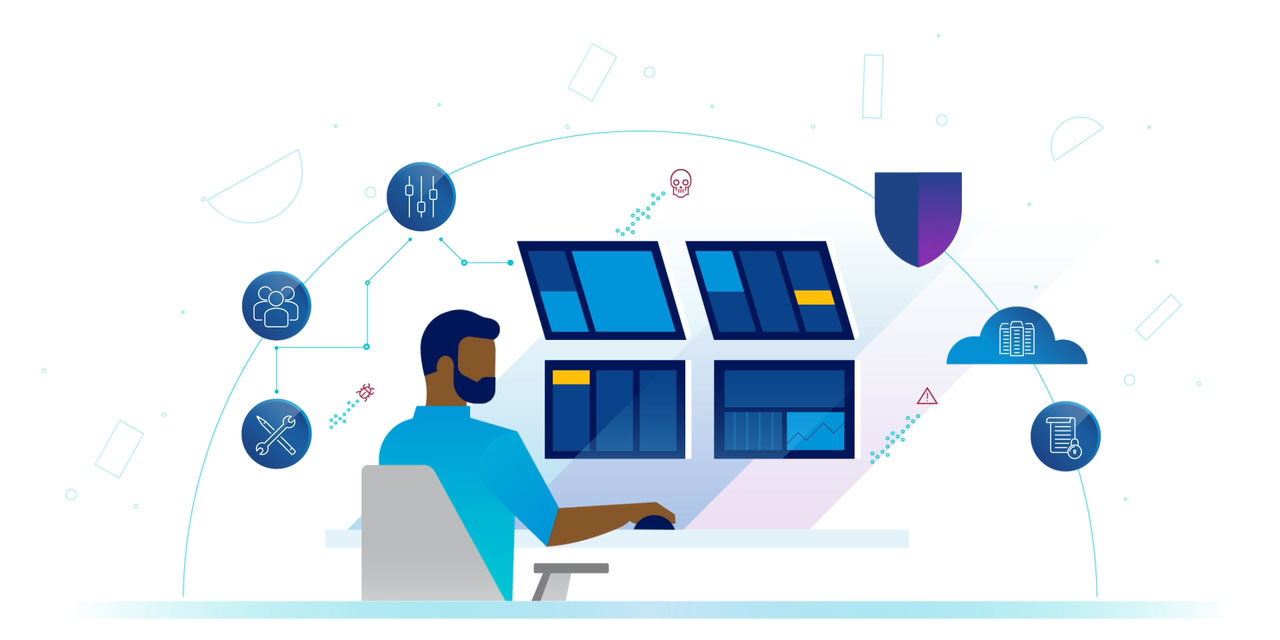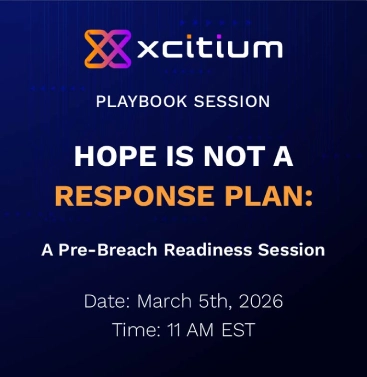What Is Quantum Computing? Exploring the Future of Computing
Updated on July 3, 2025, by Xcitium
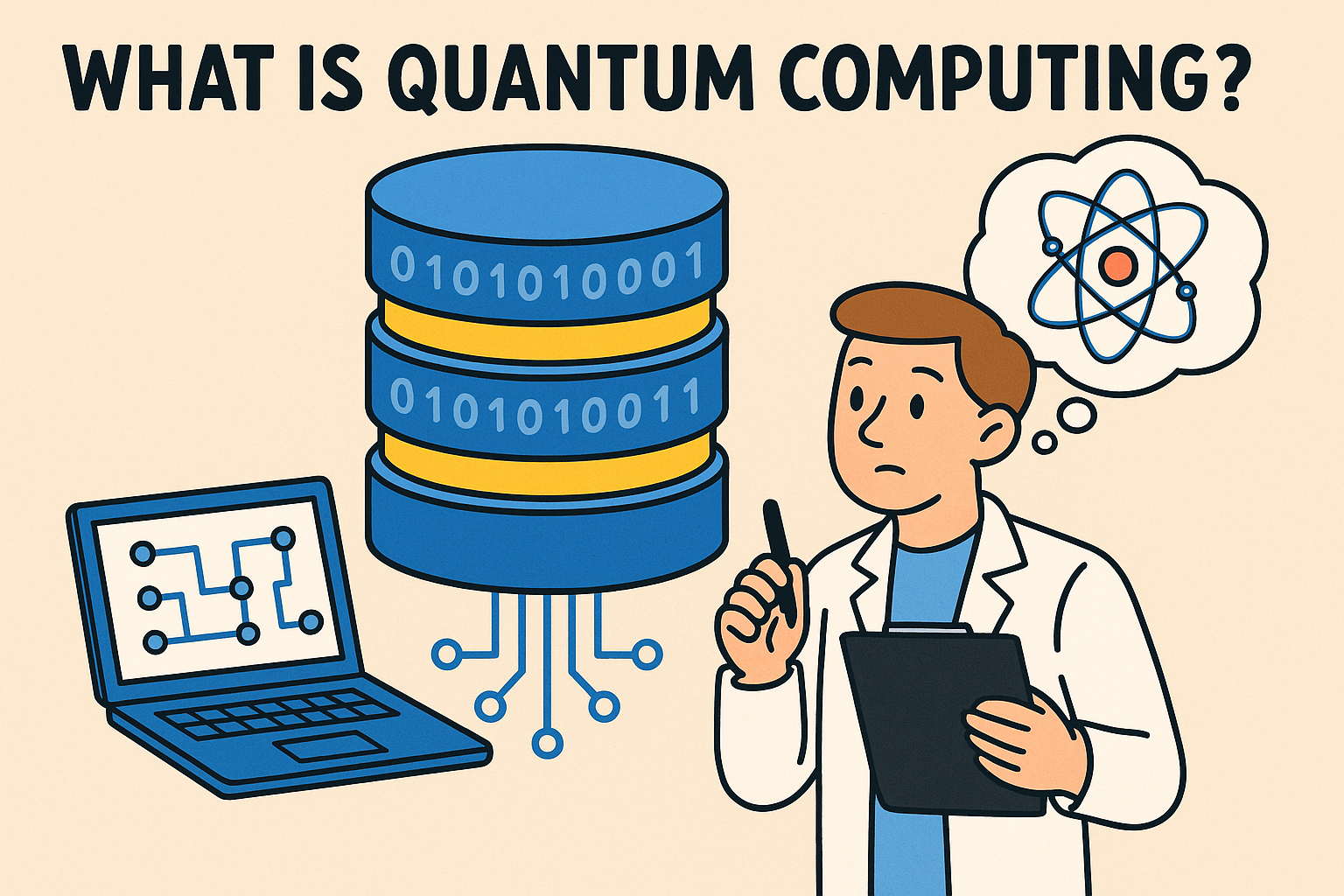
In a world increasingly defined by data and digital transformation, the question “What is quantum computing?” is more than just academic—it’s critical to the future of cybersecurity, artificial intelligence, and global tech innovation. Quantum computing promises to revolutionize how we process information, solving problems previously deemed impossible for classical computers.
Whether you’re a cybersecurity leader, IT manager, or founder exploring cutting-edge innovation, understanding this disruptive technology is no longer optional—it’s essential.
What Is Quantum Computing?
Quantum computing is a revolutionary field of computation that leverages the principles of quantum mechanics to process data in a fundamentally different way from classical computing.
While classical computers use bits (0 or 1) as the basic unit of data, quantum computers use quantum bits or qubits, which can exist in multiple states simultaneously thanks to superposition.
Key Concepts in Quantum Computing
- Qubit – The quantum equivalent of a bit. It can be 0, 1, or both simultaneously.
- Superposition – A qubit can hold multiple states at once.
- Entanglement – Qubits can be entangled, meaning the state of one instantly influences another, even at a distance.
- Quantum Interference – Used to amplify correct answers and cancel incorrect ones in calculations.
Who Invented Quantum Computing?
The concept of quantum computing began with Richard Feynman and David Deutsch in the 1980s. Feynman questioned the ability of classical computers to simulate quantum physics, while Deutsch expanded this idea into theoretical quantum algorithms.
Since then, major milestones have come from institutions like IBM, Google, and D-Wave, each bringing us closer to quantum supremacy.
How Does Quantum Computing Work?
Quantum computers manipulate qubits through quantum gates and circuits. These are designed to create interference patterns that reveal the correct solutions to highly complex problems.
Simplified Example:
If a classical computer checks each door in a maze one by one, a quantum computer checks all paths at once, dramatically reducing the time to find the exit.
Steps Involved:
- Initialization of qubits
- Application of quantum gates
- Superposition and entanglement
- Measurement of qubit states
- Collapse of probability into a classical output
Quantum Computing with Example Use Cases
Let’s explore how quantum computing is used today or will be used in the near future:
- Cryptography: Quantum computers could break traditional encryption, leading to the need for post-quantum cryptography.
- Cybersecurity: Simulate advanced threat models, uncover vulnerabilities, and secure quantum data networks.
- Drug Discovery: Simulate molecular behavior faster than any supercomputer.
- Optimization Problems: In logistics, finance, and manufacturing for tasks like supply chain optimization.
- Artificial Intelligence: Speed up training and prediction in complex neural networks.
Advantages of Quantum Computing
Quantum computing brings groundbreaking potential:
| Advantage | Description |
| Speed | Solve problems exponentially faster than classical systems. |
| Parallelism | Explore many solutions simultaneously using superposition. |
| Enhanced Security | Enables quantum-safe encryption for secure communications. |
| Breakthroughs in AI & Healthcare | Accelerates discovery in genomics, medicine, and AI. |
| Massive Data Handling | Ideal for handling huge datasets in less time. |
Types of Quantum Computers
- Superconducting Qubits – Used by IBM and Google.
- Trapped Ion Computers – Used by IonQ and Honeywell.
- Photonic Quantum Systems – Use light particles for processing.
- Topological Qubits – Still experimental but highly stable.
Challenges of Quantum Computing
Despite its promise, quantum computing faces several hurdles:
- Decoherence: Qubits are extremely sensitive to noise and temperature.
- Error Correction: Quantum error correction is complex and still evolving.
- Scalability: Building large-scale quantum computers remains a challenge.
- Cost: Currently, quantum computers are very expensive to develop and maintain.
Quantum Computing vs Classical Computing
| Feature | Classical Computing | Quantum Computing |
| Data Unit | Bit (0 or 1) | Qubit (0, 1, or both) |
| Speed | Linear processing | Parallel processing |
| Application | Everyday tasks | Complex simulations, encryption |
| Power Requirement | Stable and cheap | High due to cooling needs |
The Future: How Quantum Will Impact Cybersecurity
As we edge closer to practical quantum systems, cybersecurity is both at risk and empowered:
- At Risk: Algorithms like RSA and ECC can be broken by quantum systems.
- Empowered: Quantum key distribution (QKD) can enable unhackable communications.
Organizations should begin preparing now with quantum-resistant algorithms and risk assessments.
Final Thoughts: Embrace the Quantum Future
So, what is quantum computing really about? It’s about reshaping the limits of technology. It’s not science fiction anymore—governments, enterprises, and cybersecurity leaders are actively investing in it.
If you want to future-proof your cybersecurity posture or explore the power of quantum simulations, don’t wait until it’s mainstream.
👉 Request your Xcitium demo today and discover how we’re preparing businesses for the quantum era.
FAQ: Quantum Computing Explained
1. What is quantum computing in simple terms?
It’s a form of computing that uses quantum mechanics to process information much faster and more powerfully than traditional computers.
2. Who invented quantum computing?
The theoretical basis was introduced by Richard Feynman and David Deutsch in the 1980s.
3. What is quantum computing used for?
Applications include cryptography, AI, drug discovery, financial modeling, and climate simulation.
4. How does quantum computing differ from classical computing?
Quantum computing uses qubits, which can perform multiple calculations simultaneously, whereas classical computing uses bits for linear processing.
5. What are the advantages of quantum computing?
Quantum computing can solve complex problems quickly, enhance encryption, optimize logistics, and simulate molecular behavior.





